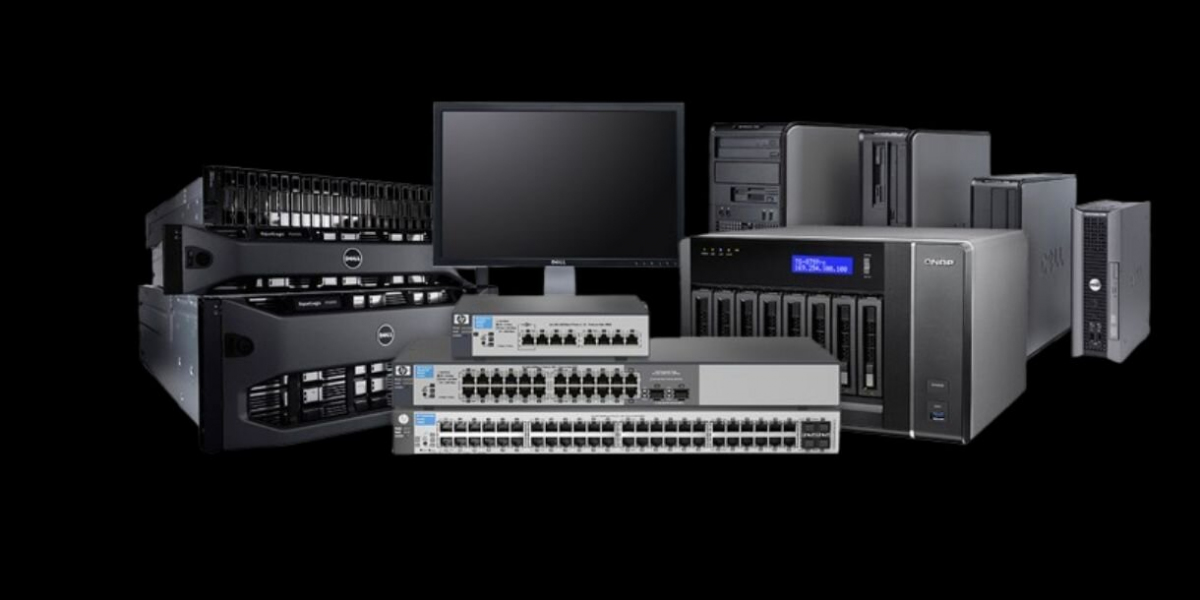In today's digital age, the volume of data generated by individuals and businesses is expanding exponentially. Managing this vast amount of data efficiently and securely has become paramount. Enter the storage server, a fundamental component of data management solutions. In this article, we'll delve into the concept of storage servers their functionality, and their significance in modern data ecosystems.
What is a Storage Server?
A storage server is a specialized type of server specifically designed for storing, managing, and accessing large volumes of data. Unlike traditional servers that primarily focus on processing tasks and running applications, storage servers prioritize data storage and retrieval operations. They are equipped with high-capacity storage devices such as hard disk drives (HDDs), solid-state drives (SSDs), or increasingly, cloud-based storage solutions.
Functionality and Features
- Data Storage: The primary function of a storage server is to store data securely and efficiently. It provides a centralized location for storing various types of data, including documents, images, videos, databases, and more.
- Data Management: Storage servers often include features for organizing and managing data effectively. This may involve file systems, directory structures, and access control mechanisms to ensure that data is organized, searchable, and accessible only to authorized users.
- Scalability: With the ever-increasing volume of data, scalability is crucial. Storage servers are designed to scale horizontally or vertically, allowing organizations to expand their storage capacity as needed without significant disruptions.
- Data Protection: Data integrity and security are paramount. Storage servers typically offer data protection mechanisms such as redundancy, data encryption, and backup solutions to safeguard against data loss, corruption, or unauthorized access.
- Remote Access: In today's distributed work environments, remote access to data is essential. Storage servers often support protocols and technologies that enable remote access, such as FTP (File Transfer Protocol), SMB (Server Message Block), NFS (Network File System), and cloud storage APIs.
Significance in Modern Data Ecosystems
Storage servers play a critical role in modern data ecosystems for several reasons:
- Data Centralization: By consolidating data storage into a centralized server, organizations can streamline data management processes, reduce duplication, and ensure consistency and integrity across the data landscape.
- Data Analytics: Storage servers provide a foundation for data analytics and business intelligence initiatives. By storing large datasets in a structured manner, organizations can perform advanced analytics, extract insights, and make data-driven decisions.
- Business Continuity: Robust storage solutions are essential for ensuring business continuity and disaster recovery. Storage servers offer features such as replication, snapshots, and backup/recovery capabilities to minimize downtime and data loss in the event of hardware failures or disasters.
- Compliance and Governance: In regulated industries, compliance with data protection regulations and industry standards is critical. Storage servers help organizations enforce data governance policies, maintain audit trails, and demonstrate compliance with regulatory requirements.
In conclusion, storage servers are indispensable components of modern data management solutions. As the volume and complexity of data continue to grow, the role of storage servers in powering data-driven organizations will only become more pronounced. By investing in robust storage infrastructure and implementing effective data management strategies, organizations can unlock the full potential of their data assets while ensuring security, reliability, and scalability.









